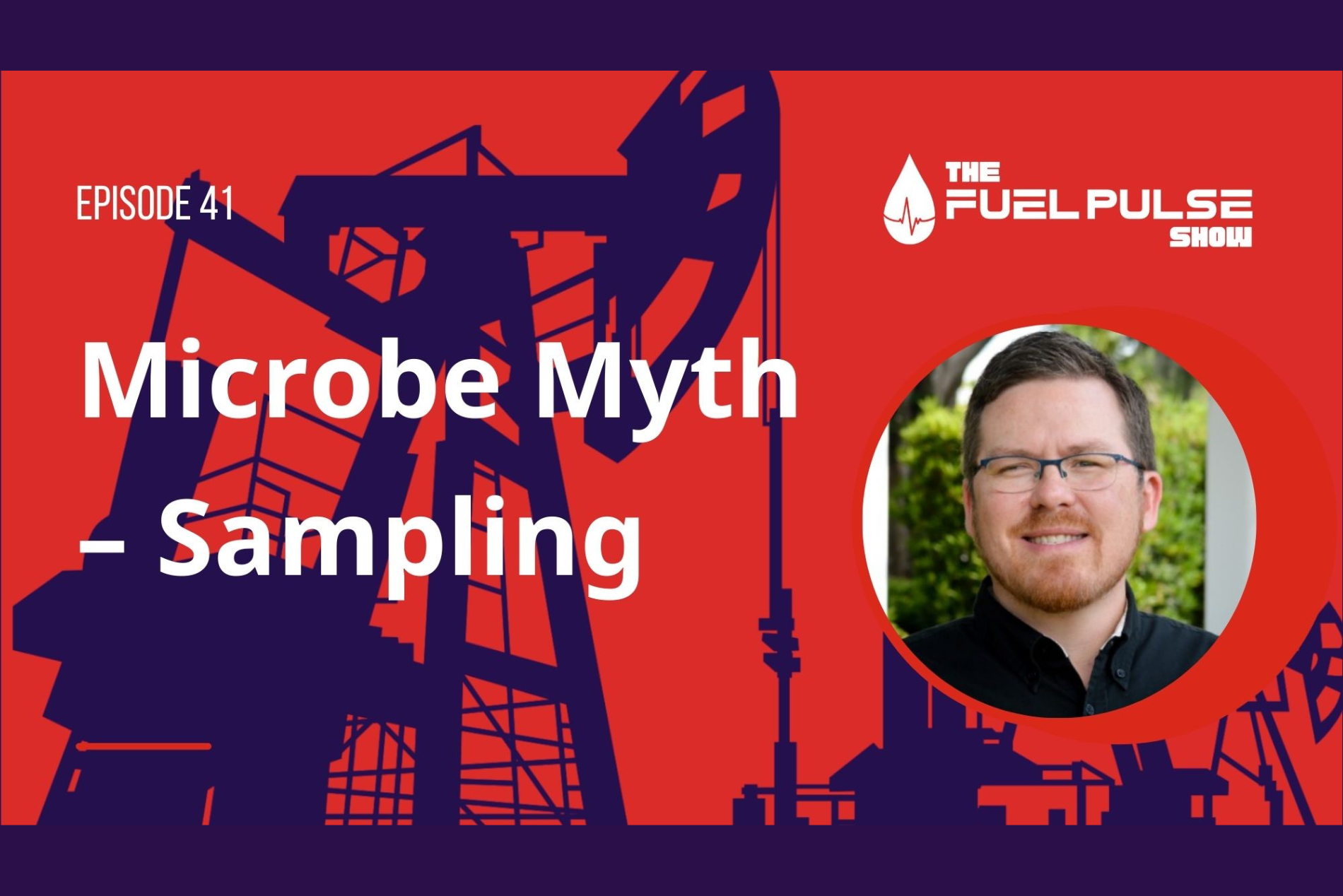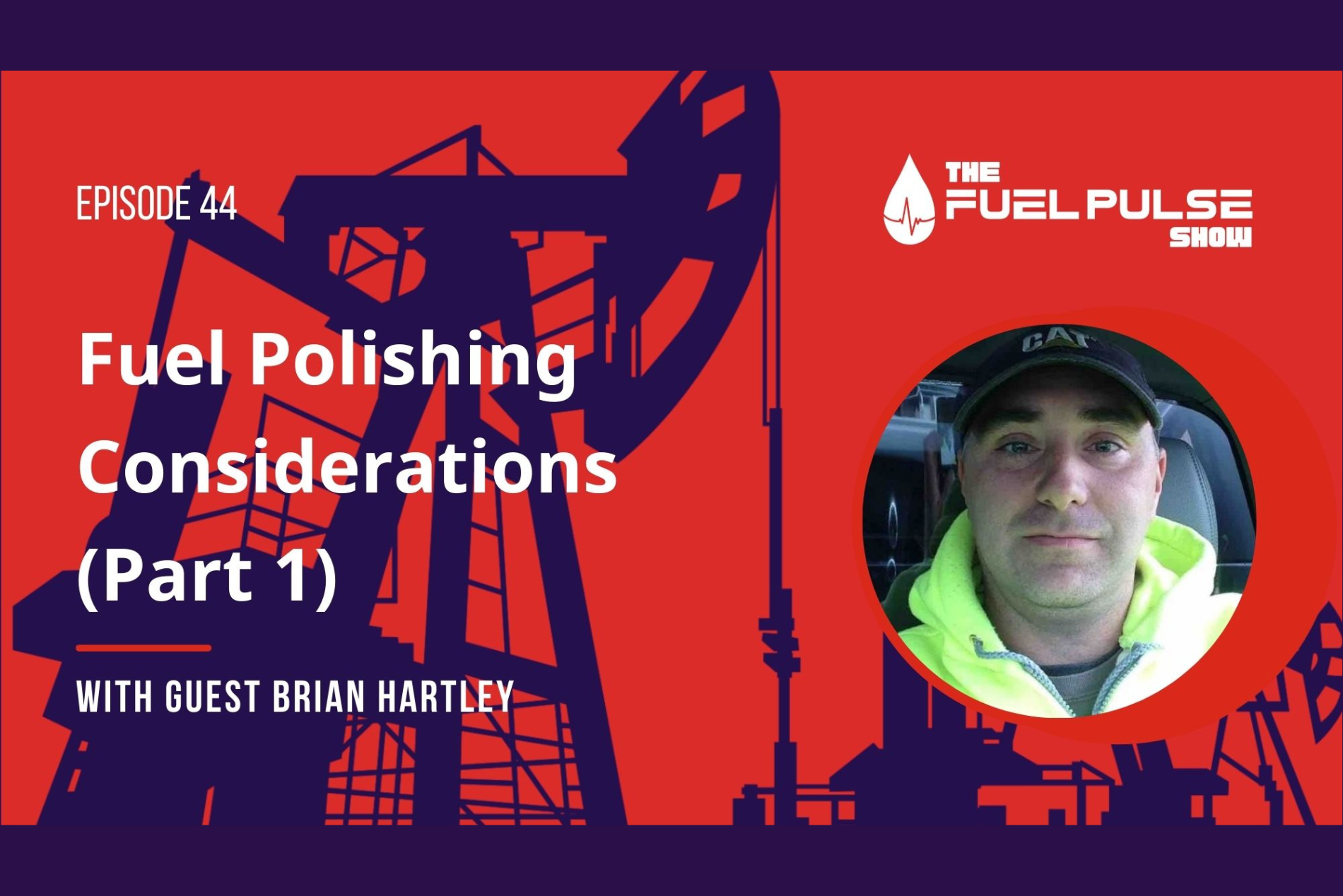Episode 042 – Microbe Myth – Cleaning Out Biomass
Here on the podcast, we’ve been talking about the big problem of microbial contamination in stored fuel in tanks. In this episode, I’ll be addressing...

This week’s episode is the third in the series of shows where I focus on the half-truths, myths, and misconceptions in the fuel world regarding microbes. In past episodes, I talked about the relationship between water and microbes, as well as how cold weather can affect microbes and how you deal with them. This time, you will hear about a myth that can easily suck people in: filtering microbes.
There’s a prevalence of microbe issues in today’s stored fuel, and there’s a lot of incorrect information on how to deal with that. Listen in as I share key insight into this situation and explain what fuel polishing is in order to help you make better decisions when it comes to maintaining your fuel. You will learn about the importance of filter ratings, biofilm elimination, and the only thing that actually gets rid of microbes.
Here on the podcast, we’ve been talking about the big problem of microbial contamination in stored fuel in tanks. In this episode, I’ll be addressing...

Quite a few myths are going around the fuel industry when it comes to microbes in fuel and how to deal with them properly. In previous episodes of...

Today we are joined by Brian Hartley, owner of Diesel Dialysis, for a two-part conversation on fuel maintenance—particularly fuel polishing. Brian...